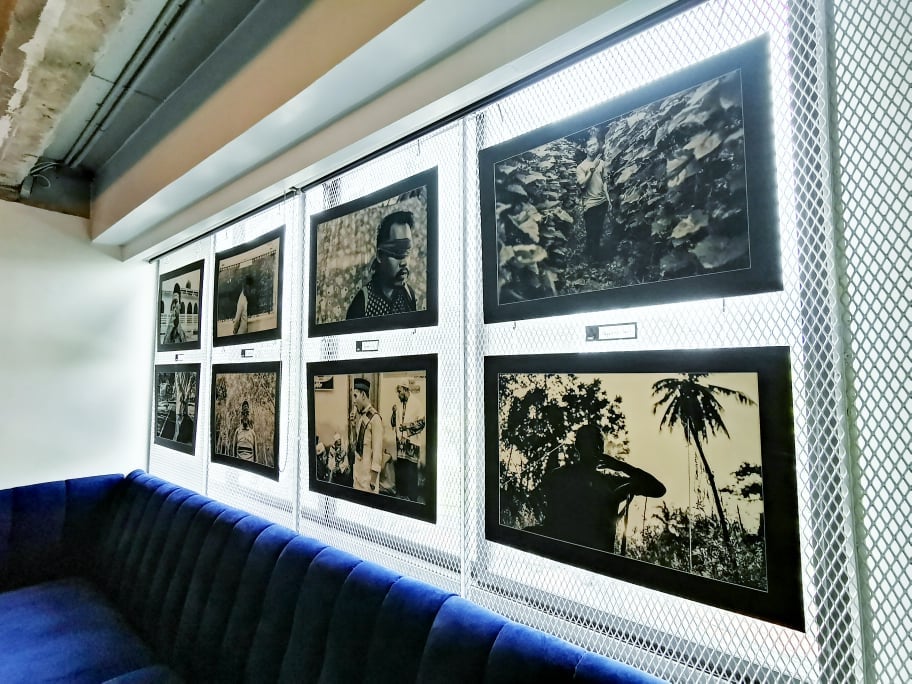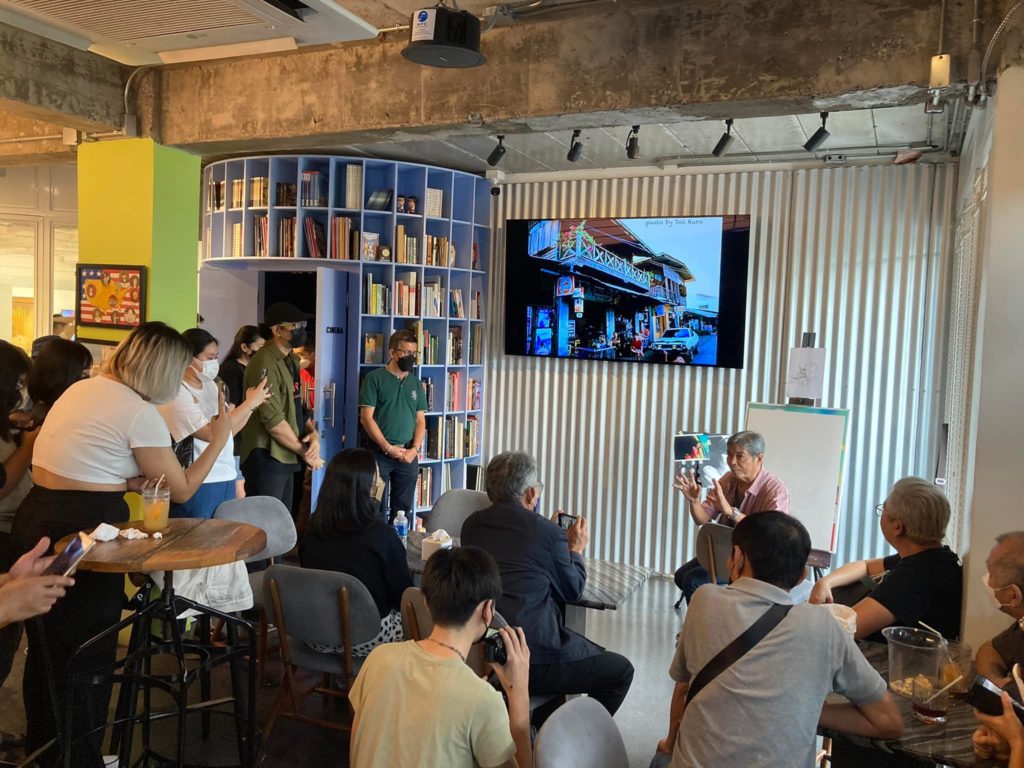It is essential to create a space for people to gather
Interview with Thanaphon Accawatanyu, Documentary Club
 (Credit: Documentary Club)
(Credit: Documentary Club)
How did Documentary Club come into being? What is your origin story?
At first, we worked in the film field as a book and website publisher and our main focus was on introducing readers to various films from around the world. Two big cinema branches dominate the Thai film market, and they only value mainstream releases, which limits the choice for audiences. We, as content creators, were trying to open a space for arthouse films.
After a while, we felt that we needed to branch out in order to continue to achieve this goal, so we moved into film distribution. We started through a fundraising project and we screened our first title in 2014. We are particularly interested in documentaries because such films rarely make it into cinemas in Thailand. Since then, we have been releasing a new film every month. Titles such as The New Rijksmuseum, Where to Invade Next and The Kingmaker have proved particularly successful amongst our audiences. Despite our name, we have also expanded to screening classic and arthouse films.
In your opinion, what is especially illuminating about documentary as an art form?
In Thai society, there are not many spaces for learning or exchange. The world is changing fast, and it is crucial to pay attention to all the new ideas that are constantly emerging. We feel documentaries fit this purpose.
A good documentary has the potential to create room for discussion. Through our work, we can connect these films with different people, and sometimes use the documentary form as an educational tool. In addition to that, some documentaries can help people understand certain issues and ideas, and we feel that this understanding can generate real life change. As distributors, these are the kind of documentaries we love to screen.
You describe your work as more than just a screening project, but rather as a cine-club. How have you managed to build an interactive and organic community around your film screenings?
From the beginning, we always wanted to create a film community in Thailand, focusing on the kind of documentaries that were rarely screened back then. In Thailand, cinema is not generally where you meet others for a conversation. Going to the cinema is like going to a mall; you go there, watch some films and go home. That’s not necessarily bad, but we need an alternative to that way of film watching too.
We opened our first cinema at an old renovated warehouse called Doc Club Theatre. We tried to create a space where people could hang out and relax. We would have different kinds of film events almost every week, post-screening discussions on various topics, and our film programmes were very diverse. Apart from a film club, we also tried to be a community for issues such as politics and the environment, which are sometimes linked to a film. Most importantly, we wanted to offer a safer space for progressive ideas, which is rare in Thailand.
After a while, the audience began to recognise what we were trying to do. At the same time we were struggling with the limitations of our space. When we were finally able to open our own cinema Doc Club & Pub, we were able to do many things that we had not been able to do before at the Doc Club Theatre, presenting a wider variety of events. Our community has evolved interactively and organically on its own, and our focus is on creating an open space and supporting collective growth.
 (Credit: Documentary Club)
(Credit: Documentary Club)
Why is creating opportunities to view film communally crucial to you? What do you think is unique about watching movies with other people?
Watching a film with others is more fun than watching it alone. It is these moments, when we all cry or laugh together in the cinema, that we find special, and it’s also valuable to have someone with whom to discuss a film with after it ends. In the past, some film communities in Thailand were somewhat underground. There would be these low key screenings of a film you had never heard of. Sometimes such events would attract audiences, and sometimes not. These groups were run by cinephiles, so even when these screenings did not have an audience, they would still run. Back then, there were not many choices. Doc Club is related to this kind of underground community, except that we are no longer underground because we have become more accessible; more people are now able to watch our films.
From our perspective, we think that it is essential to create a space for people to gather who share interests, especially for groups who feel that they do not belong in the mainstream. We want our space to be open and safe for them. Thai society is in a period of transition, particularly in politics. Open discussions empower people who fight for change.
Thanaphon Accawatanyu is a graduate of Thammasat University. In 2019, they started to work at Documentary Club in 2019 as a theatre manager and projectionist, later progressing into film acquisition. They also work part time as a playwright and theatre director.